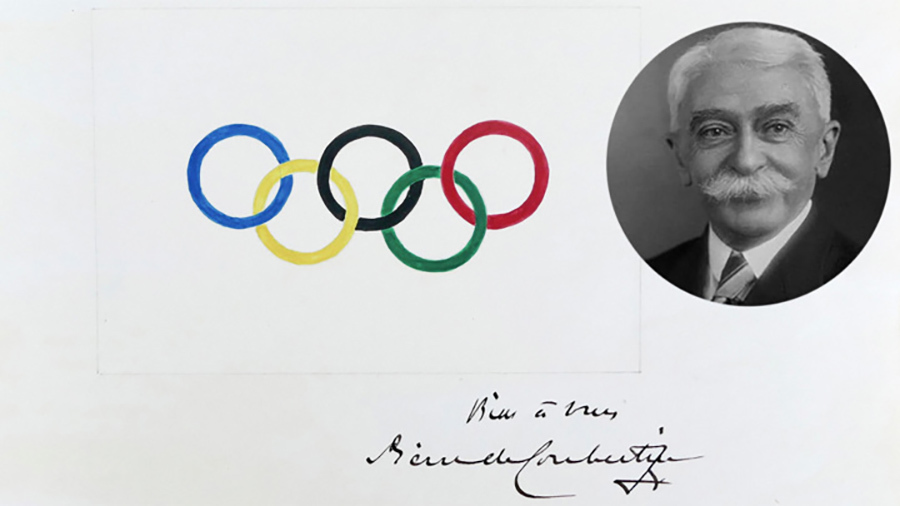In Cannes, France, an auction was held by the house of Cannes Enchères, which sells works of art and rare historical artifacts. One of the blocks of the event was dedicated to sports rarities. Among other things, the original torch of the XXII Summer Olympic Games in 1980 in Moscow went under the hammer.
The name of the new owner of the 56.5 cm high aluminum torch with the inscription "Moscow - Olympics - 1980", used during the Olympic torch relay, is not named. However, it is known that it was purchased for € 2,500, although initially experts estimated it at € 1,500. This exhibit is especially valuable also because this year marks the 40th anniversary of the Moscow Games.
To gallery page
One of the most important symbols of the competition was made by Soviet developers Valentin Lyubman and Boris Tuchin. Interestingly, the torch could have looked completely different, but the Soviet authorities did not like the initial design proposed by one of the Japanese companies that sponsored the Olympics. Then the employees of the Leningrad Machine-Building Plant named after Klimov got down to business. Due to the fact that there was very little time left before the start of the competition, it took only a month to create.
The honor to complete the Olympic torch relay and light the cup at the Luzhniki stadium during the opening ceremony was given to the famous basketball player Sergei Belov. A total of 6,200 torches were made, and the very first copy was presented to Russian President Vladimir Putin on the eve of the Winter Olympic Games in Sochi.
Another important "sports" lot of the Cannes auction was the original drawing of the Olympic rings, made by the founder of the modern Games, Baron Pierre de Coubertin. An unknown buyer paid € 185,000 for it, which is € 85,000 more than the original price. The rarity is a 21 x 27.5 cm canvas with five intertwined rings. In addition, the paper is signed by the author's hand.
- © insidethegames.biz
The logo first appeared on the pages of the Olympic Review in August 1913, and in 1914 it was approved at the congress of the International Olympic Committee (IOC) in Paris. Due to the outbreak of the First World War, the debut of the symbol took place only in 1920 at the Games in Antwerp. At the same time, the first Olympic flag was presented, which immediately fell in love with both fans and athletes.
It is worth noting that over the course of over 100 years, the emblem has undergone some changes, but the rings themselves remained the same. According to Coubertin's idea, the logo was supposed to symbolize the universal unity and universality of the Olympic movement. That is why the five circles designated the five cardinal points - Europe, Asia, Africa, North and South America, and Oceania. And blue, yellow, black, green, red and white background are the colors that are present on the flag of any of the states of the world.
Before the auction, the drawing was in a private collection in Switzerland. 15% of its sale will go to the organization dedicated to the preservation of the heritage of Coubertin, as well as the dissemination of the ideas of the Olympic movement.
Interestingly, in December of last year, another major Olympic artifact was sold for a record $ 8,806,500at auction in New York. Russian billionaire Alisher Usmanov acquired Coubertin's manifesto, written in 1892. In it, the Baron described the basic principles of the modern Olympic Games, the first of which took place in 1896. After the purchase, the document was transferred to the Olympic Museum in Lausanne.
It is worth noting that the catalog of the current Cannes auction included many other lots of interest to sports fans. Thus, collectors had the opportunity to purchase a copy of the yellow jersey of the 2013 Tour de France winner Christopher Froome with his autograph, boxer shorts Mike Tyson, polo golfer Tiger Woods, tennis player Bjorn Borg's shorts, sprinter Usain Bolt's sneakers, copies of T-shirts Anriele, Thierry , Franz Beckenbauer, as well as signed photographs of many other world stars. In addition to the Moscow one, the torch of the XX Summer Olympic Games in Munich 1972 was put up for sale.

